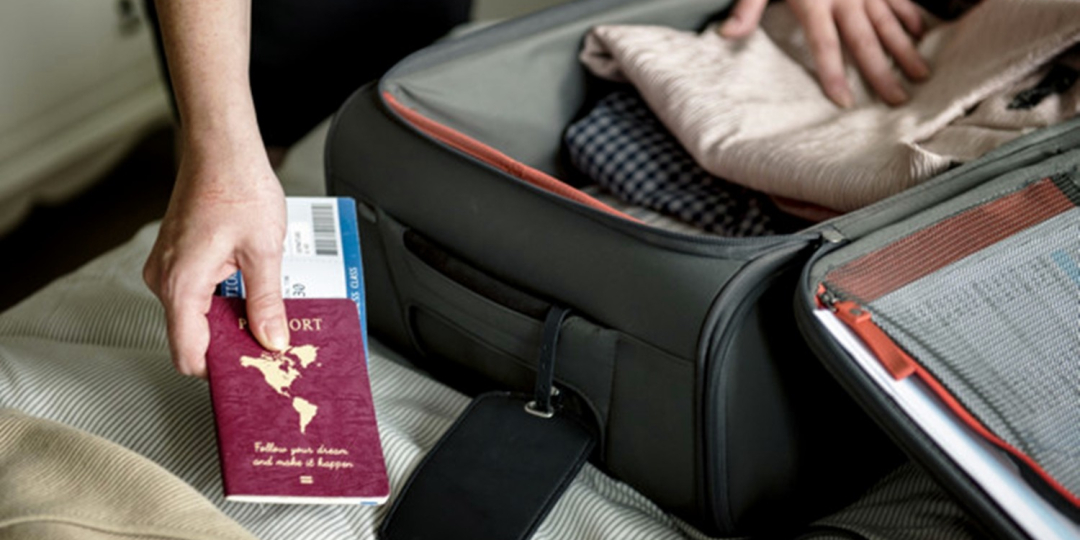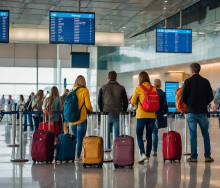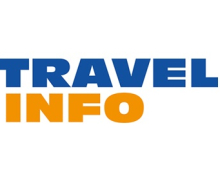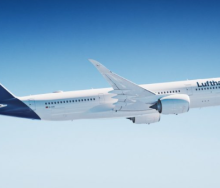In 2023, industry professionals can best prepare for post-pandemic travel by maintaining refundable rates and flexible policies, remaining cognisant of discounts and perks, leaning toward showcasing brand values like sustainability, and more.
This is according to an extensive report by the Expedia Group, 2023 Traveller Value Index, which analysed more than 200 travel websites, markets in 11 countries, and data from over 1 000 industry professionals and 11 000 travellers.
These are Expedia’s tips on how to stand out to travellers in 2023:
- Maintain refundable rates and flexible policies. Flexibility continues to be one of the top considerations for travellers, particularly those travelling internationally.
- Appeal to travellers’ desire for relaxation. Travellers are looking for a change of scenery and rejuvenation.
- Set realistic expectations with travellers – and have realistic expectations for staff. Only 15% of industry professionals say that their business is currently providing full hours and services, and that number was even lower for those in Germany and South Korea.
- Lean into and showcase brand values. A third of industry professionals say they are promoting specific company values or priorities, like sustainability initiatives, to encourage bookings from their key traveller audiences. Consumers will continue to book based on their personal values and will be loyal to the destinations and businesses that walk the talk in these key areas.
- Be thoughtful about discounts and perks. Customers may be more price sensitive now than they were a year ago. Complimentary add-ons, discounts for advance booking, and travel packages are effective tactics for encouraging consumers to book.
- Whether through reviews, social media or other channels, collecting and acting on feedback is key to optimising the travel experience provided. A positive travel experience attracts loyal customers.
Impact of politics?
One in four consumers say political instability is impacting their travel plans in the next 12 months, with this felt most strongly by those in South Africa and Germany.
Nonetheless, having been unable to travel for so long has reminded travellers of how important travel really is, regardless of political unrest. Nearly half (46%) of people say that travel is more important to them now than pre-pandemic. While 31% say their travel budget will be the same as it was last year, 43% are upping their budget for the coming year.
Traveller searches for hire cars and holiday rentals on Expedia’s travel websites were above 2019 search volumes in the first three quarters of 2022, and searches for cruises and activities saw the highest percent growth year-over-year, compared with lodging and other methods of transportation.
But while the pent-up demand for travel is finally allowed to see light, travellers still weigh up many variables when they are booking elements of a trip: price, convenience, safety, flexibility, and more. Even though the importance of each factor fluctuated during the pandemic, one thing hasn’t changed: travellers prefer to book with providers that align with their personal values.
“An outcome of this turmoil: your company’s mission, values and stance on certain issues play a role in whether travellers want to book with you. Certain factors, like price, may have more of an impact on traveller decision-making. However, when it comes down to it, whether a brand aligns with their personal values or not can be a dealmaker (or breaker) for many people,” says the Expedia report.

Int’l travel rebounds
At first, a combination of restrictions and consumer hesitancy contributed to less international travel post-pandemic. However, about half of consumers are likely to book or have already booked an international trip in the next 12 months — and Gen Zs and millennials are even more likely to do so, the group’s research shows.
In further Expedia research, only 8% of industry professionals say that leisure travel is back to pre-pandemic levels. Those in the hotel (39%) and airline (33%) industries and those from Brazil (21%) are most confident that leisure travel has already returned. However, nearly two-thirds (63%) expect it to return within two years.

Inclusivity, sustainability matter
“Our research over the last few years repeatedly shows that people are seeking out businesses that are welcoming and accessible: 70% of people say they are more likely to choose travel options that are more inclusive, even if that comes at a higher cost,” the report continues.
Industry professionals acknowledge this preference, with 64% indicating that they believe their customers will choose travel options that are more inclusive, even if they are more expensive. Nearly eight out of ten (78%) people say they have made a travel choice based on promotions or adverts that they feel represent them through messaging or visuals. For millennials, that figure is even higher – 84% have made a travel choice based on representation in advertising.
Despite this, only half (52%) of consumers see options that are inclusive for all types of travellers when booking a trip, demonstrating an opportunity for those in the travel industry to fill this gap.
Many say they are taking action: three in five organisations (60%) made changes in the last year to ensure that their services are inclusive and accessible, and an additional 21% have plans to do so, Expedia adds.
As for sustainability, according to Expedia’s recent Sustainable Travel Study, 90% of consumers are looking for sustainable options when travelling. Data from reviews across Expedia’s traveller brand websites show terms related to sustainability and eco-friendliness being mentioned twice as often in January 2022 as they were in January 2021.
In travellers’ reviews about sustainability, the top-five most-mentioned facilities are: electric car charging stations, solar energy, recycling, elimination of single-use plastics, and eco-friendly LED lighting.
Cleanliness
In Expedia’s research throughout 2020 and 2021, travellers valued their personal health and safety above all else when booking travel. However, a noticeable shift occurred once vaccines were widely available. While cleanliness standards will always be important to travellers, it is no longer the most important factor for them.
Prior to the pandemic in late 2019, the percentage of reviews that included mentions related to cleanliness was between 5% and 12%. Review mentions rapidly increased in early 2020, peaking in September 2020 (42%) and then again in early 2021 (41%). At the end of 2021, that average dropped to 25%—higher than pre-pandemic but continuing to decrease from peak times.















